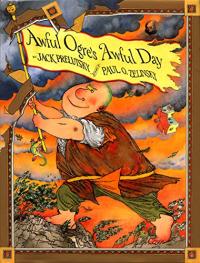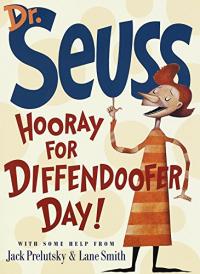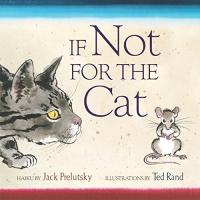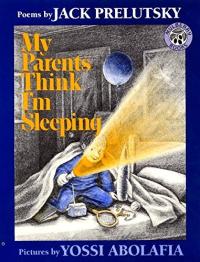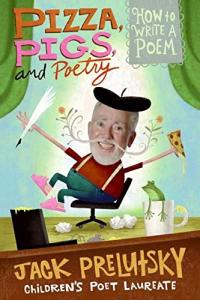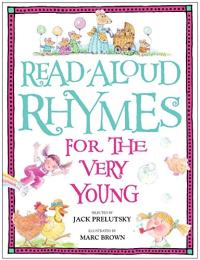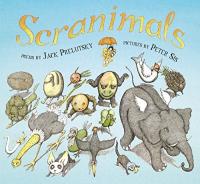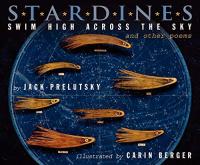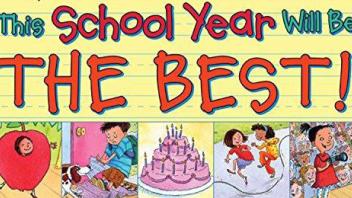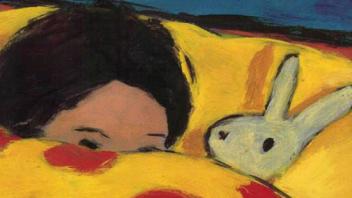
Biography
Jack Prelutsky is one of the most popular children’s poets of all time. He writes wacky rhymes about topics like grubby goblins, singing dragons, and flying hotdogs. Prelutsky is often credited with helping to shift children’s poetry from stilted and didactic to pure fun. “A lot of me never grew up,” he explains. “I pay taxes, take out the trash, and do the usual things that adults have to do. But I think I’m more in touch with my childhood than most adults.” Jack Prelutsky has written more than 40 books of children’s poetry, including A Pizza the Size of the Sun, It’s Raining Pigs & Noodles, and Something Big Has Been Here.
Jack Prelutsky was born in New York City in 1940. Although he developed an early interest in music and drawing, Prelutsky had reason to believe that poetry wasn’t for him. In elementary school, one teacher left him with the impression that “poetry was the literary equivalent of liver.” In junior high, Prelutsky was actually beat up because he published a poem in the school yearbook.
During his early 20’s, Jack Prelutsky lived in New York City’s bohemian Greenwich Village. Prelutsky played folk music in coffee shops, pursued artistic interests, and pieced together a living with odd jobs. At the age of 23, Prelutsky submitted a series of drawings and poems to a publishing house. The young editor, Susan Hirschman, didn’t like his drawings, but recognized that he was a gifted poet. Hirschman mentored Prelutsky and published his first book. For the next 37 years, she would continue to be his editor.
Once Jack Prelutsky discovered his true calling, he became one of the most beloved children’s poets of all time. In one tribute to his stature, Prelutsky was selected to complete a partial manuscript left behind by the legendary Dr. Seuss. “Writing in rhyme comes easy to me,” Prelutsky says. “It’s as natural as breathing.” In addition to writing verse, Jack Prelutsky assembles large anthologies of children’s poetry and is considered a modern-day expert on the subject. At home, he has a collection of 5,000 books of poetry.
Jack Prelutsky and his wife live on Mercer Island in Washington State. During his free time, Prelutsky likes to take photographs, make sculptures, and add to his growing collection of miniature frogs.
Find this author’s books on these booklists
Themed Booklist
A Harvest of Books for Thanksgiving
Themed Booklist
Are You Ready? School’s Open!
Themed Booklist
Great Goofy Stuff to Read, Eat, and Do
Themed Booklist
Holiday Buying Guide 2004
Themed Booklist
Holiday Buying Guide 2010
Themed Booklist
Monster Madness
Themed Booklist
Nursery Rhymes
Themed Booklist
Play with Your Words
Themed Booklist
Poetry for All Ages
Themed Booklist
Sleepytime Books
Themed Booklist
